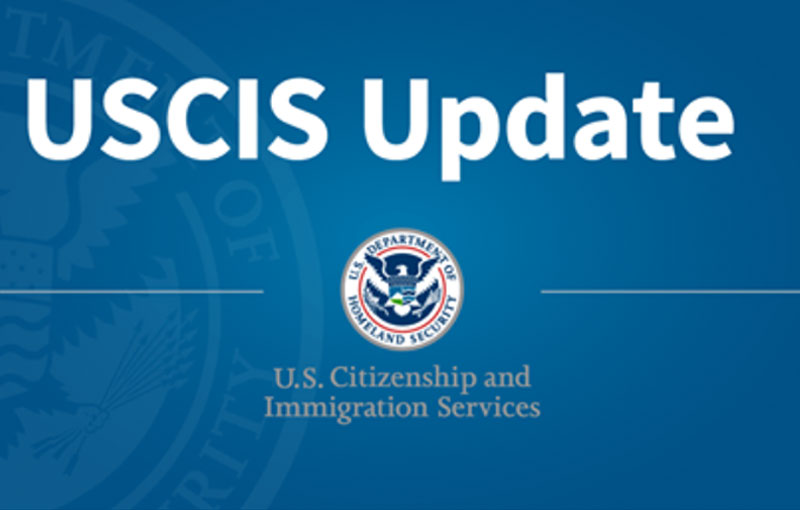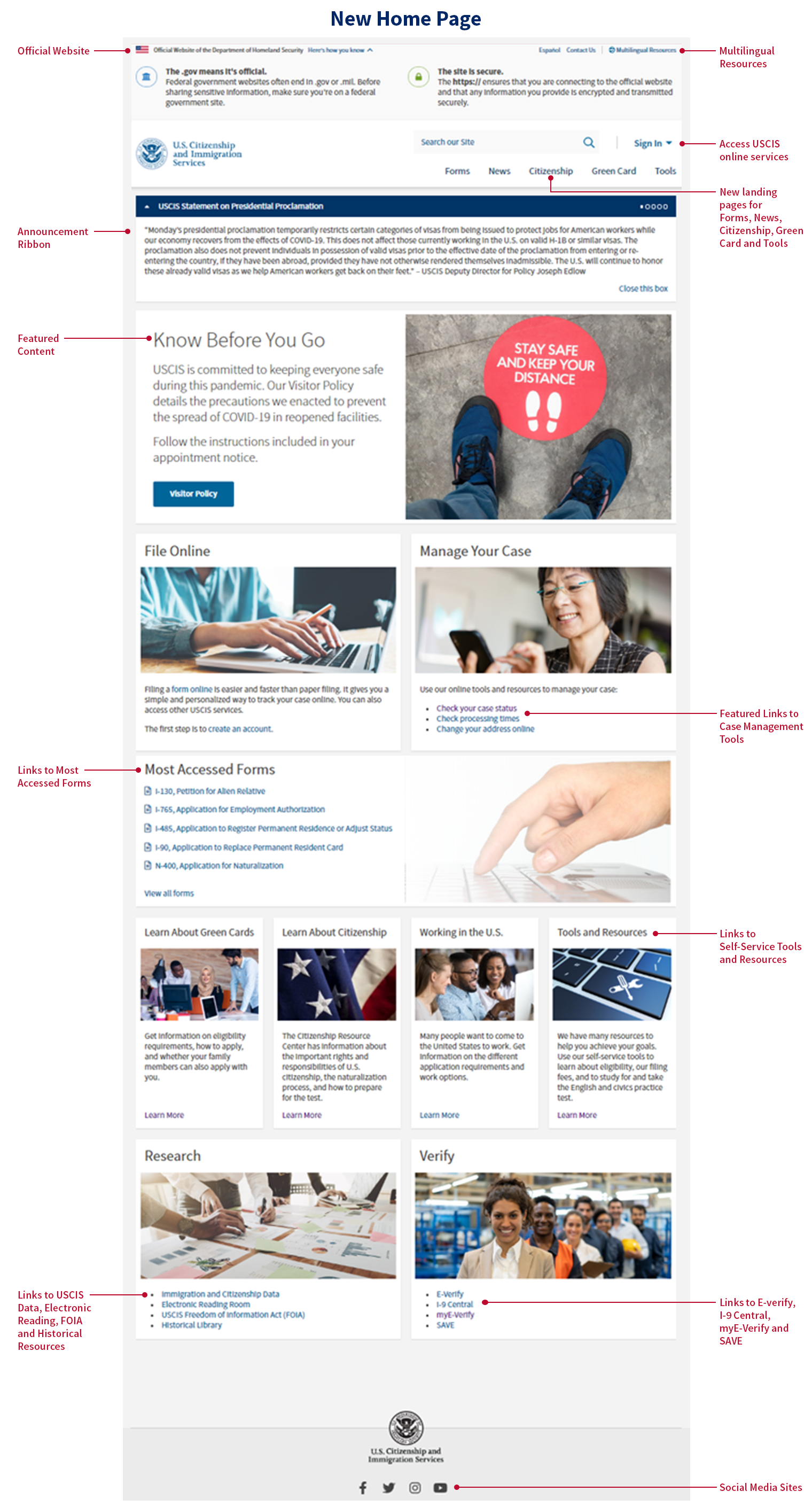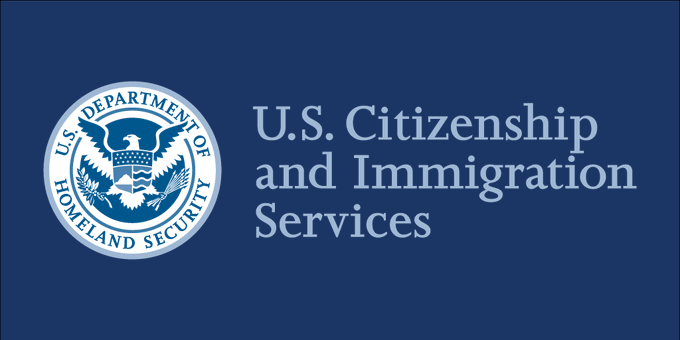USCIS revised the civics test as part of a decennial update to ensure that it remains an instrument that comprehensively assesses applicants’ knowledge of American history, government and civic values.
The civics test is administered to applicants who apply for U.S. citizenship and is one of the statutory requirements for naturalizing. Applicants who apply for naturalization on or after Dec. 1, 2020, will take the updated version of the test. Those who apply before Dec. 1, 2020, will take the current version of the test.
“USCIS has diligently worked on revising the naturalization test since 2018, relying on input from experts in the field of adult education to ensure that this process is fair and transparent,” said USCIS Deputy Director for Policy Joseph Edlow. “Naturalization allows immigrants to become fully vested members of American society, with the same rights and responsibilities as citizens by birth, and offering a fair test, which prepares naturalization applicants for these responsibilities, is of upmost importance to our agency.”
The revised test includes more questions that test the applicant’s understanding of U.S. history and civics, in line with the statutory requirements, and covers a variety of topics that provide the applicant with more opportunities to learn about the United States as part of the test preparation process. The revised test will not change the passing score, which will remain at 60%. Candidates must answer 12 questions correctly, out of 20 in order to pass.
USCIS will maintain the current guidelines for statutorily established special considerations for applicants who are 65 years old or older and have at least 20 years of lawful permanent resident status. These applicants will be asked 10 questions and must answer a minimum of six questions correctly in order to pass.
The test items and study guides can be found on the Citizenship Resource Center on the USCIS website. USCIS has also updated the USCIS Policy Manual (PDF, 323.82 KB) accordingly; see Volume 12, Part E, English and Civics Testing and Exceptions, Chapter 2, English and Civics Testing.
USCIS piloted the test with community-based organizations and volunteers across the country in summer 2020. The data collected from this pilot was used to help USCIS make determinations about the language and grammatical structure of individual test items, linguistic and cognitive weights assigned to each test item, and to identify those items appropriate for applicants who are 65 years or older, have held lawful permanent resident status for at least 20 years and are granted special consideration by statute.
For more information on USCIS and its programs, please visit uscis.gov or follow us on Twitter (@uscis), Instagram (/uscis), YouTube (/uscis), Facebook (/uscis) and LinkedIn (/uscis).
Source: https://www.uscis.gov/news/news-releases/uscis-announces-a-revised-naturalization-civics-test








